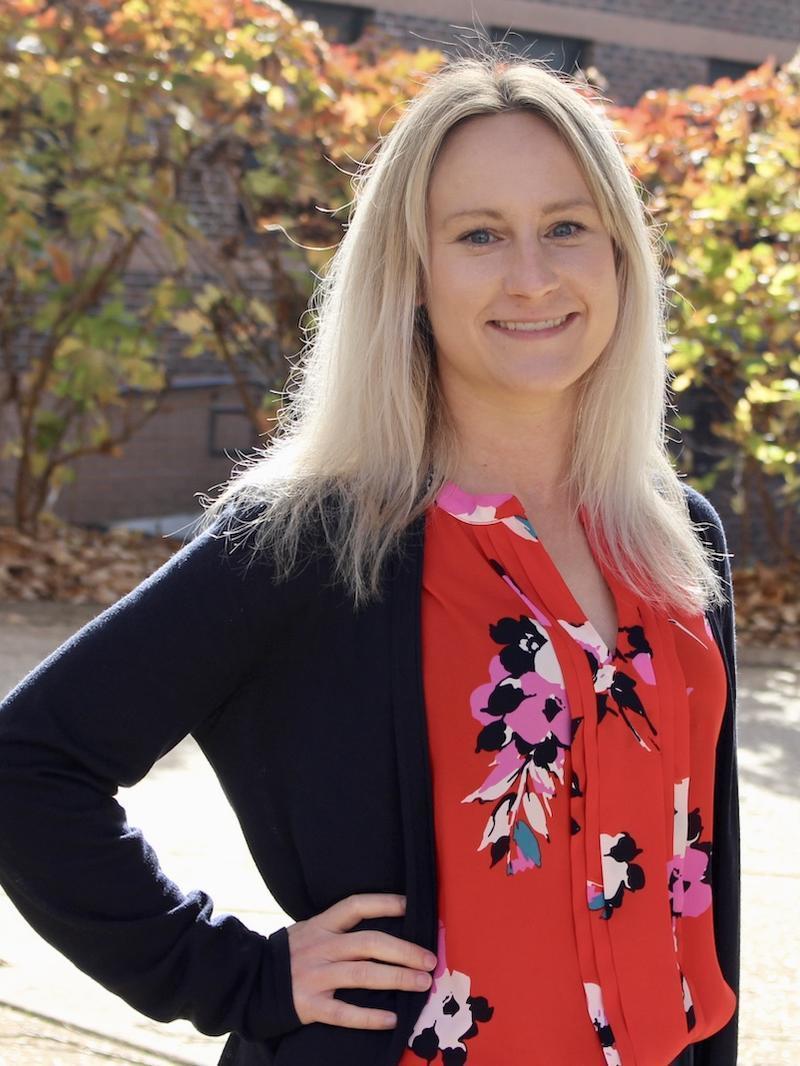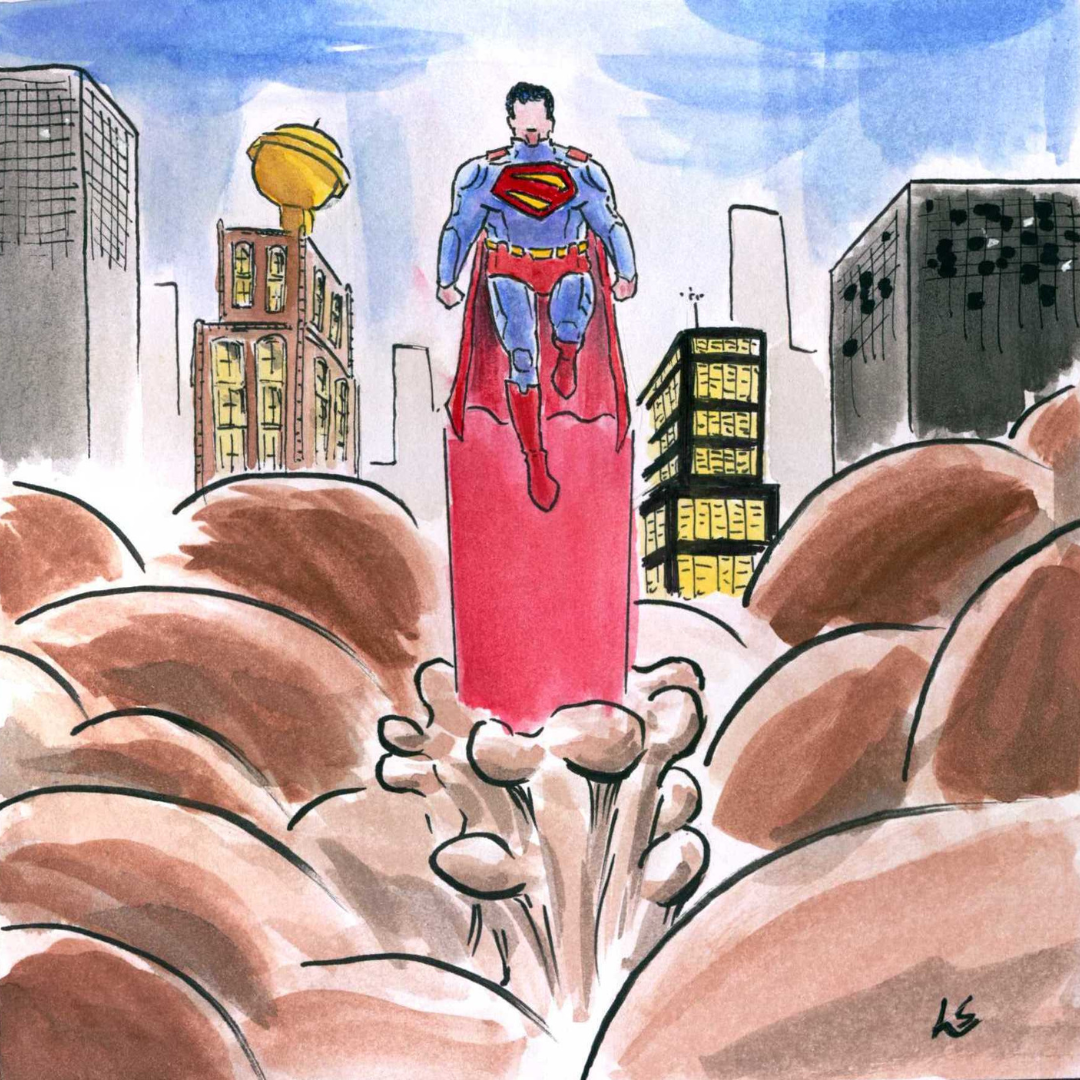Samantha Riggleman, Ph.D., assistant professor of special education, joined the special education department in 2019. She has spent over a decade working with students and adults who require special assistance. Her research is focused on the social-emotional development of young children, expulsion rates for pre-school settings, Applied Behavior Analysis (ABA) with young children with or without autism and technology in training early childhood special education teachers.
The Hawk: What inspired you to work in the special education field?
Riggleman: I was originally a political science major in my undergraduate program, and I had no desire to go into the education field or specialization field at all. Unfortunately, I got pregnant as a junior in my undergraduate program, and I didn’t feel my employment path for what I want to do in political science was viable as a single parent. … At the time, I was working in a group home for adults who had intellectual disabilities, and my advisor was like, “Look, you really like this work. You really have a passion for special education. Why don’t you think about getting a master’s in special education?” So I did and then that led to a Ph.D. in special education. My other reason is that my brother has an intellectual disability. It’s been really rewarding and encouraging to be in this field and have a sibling who also has been served under special
education services.
The Hawk: What keeps you going?
Riggleman: My area of expertise is behavior. I work with clients and young children who have challenging behavior to the point that it really impacts their daily function. Maybe it impacts their ability to make friends, and it impacts their ability to engage with the curriculum. Working with clients on their behavior to decrease their challenging behavior and increase their participation in the general education setting is really rewarding.
The Hawk: What are common misconceptions that you find about working with people who have autism spectrum disorder?
Riggleman: Some of the myths and misconceptions are that, for students who are nonverbal, it’s that they have no verbal ability, or that they don’t have any wants or needs. So, I would say a big misconception is verbal ability, verbal skills, communication, what communication says.
The Hawk: What changes have you seen in higher education since you began teaching?
Riggleman: I’ve only been in higher education for about six or seven years now. I would say that some of the changes that I’ve seen, both good and bad, are post covid. There’s been more focus on social-emotional health of students. I think that’s really important, and that should continue. I would also urge institutions of higher education to maintain small class sizes. During covid, and with social distancing, we had to have fewer students in classrooms. So I would encourage institutes of higher education to keep class sizes smaller.
The Hawk: Which do you find more rewarding, doing the work yourself or teaching others to do it?
Riggleman: I prefer teaching others to do this work, only because I have more of an impact. For every teacher or pre-service teacher that I’m teaching, they have an impact on other students and their classrooms. My impact is only my classroom. I find it more rewarding working at the higher ed level and teaching pre-service teachers.














































